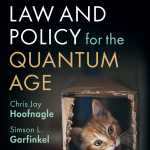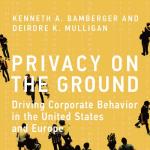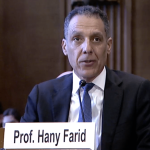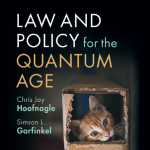
-
The School of Information is UC Berkeley’s newest professional school. Located in the center of campus, the I School is a graduate research and education community committed to expanding access to information and to improving its usability, reliability, and credibility while preserving security and privacy.
-
The School of Information offers four degrees:
The Master of Information Management and Systems (MIMS) program educates information professionals to provide leadership for an information-driven world.
The Master of Information and Data Science (MIDS) is an online degree preparing data science professionals to solve real-world problems. The 5th Year MIDS program is a streamlined path to a MIDS degree for Cal undergraduates.
The Master of Information and Cybersecurity (MICS) is an online degree preparing cybersecurity leaders for complex cybersecurity challenges.
Our Ph.D. in Information Science is a research program for next-generation scholars of the information age.
-
The School of Information's courses bridge the disciplines of information and computer science, design, social sciences, management, law, and policy. We welcome interest in our graduate-level Information classes from current UC Berkeley graduate and undergraduate students and community members. More information about signing up for classes.
-
Research by faculty members and doctoral students keeps the I School on the vanguard of contemporary information needs and solutions.
The I School is also home to several active centers and labs, including the Center for Long-Term Cybersecurity (CLTC), the Center for Technology, Society & Policy, and the BioSENSE Lab.
-
-
I School graduate students and alumni have expertise in data science, user experience design & research, product management, engineering, information policy, cybersecurity, and more — learn more about hiring I School students and alumni.
-
-
December 5, 2024, 2:15 pm – 3:25 pmDecember 10, 2024, 2:15 pm – 3:25 pmDecember 11, 2024, 4:00 pm – 6:30 pmDecember 12, 2024, 12:30 pm – 2:00 pm





















